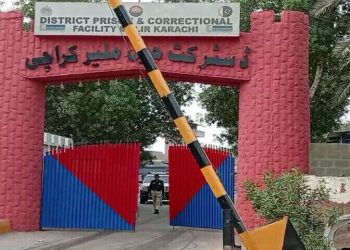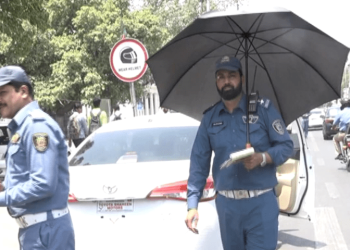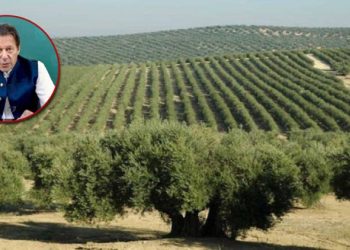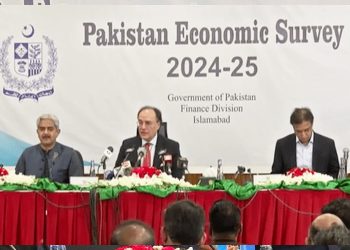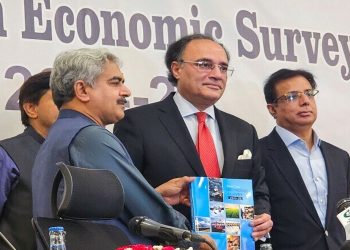NEW YORK: The Human Rights Watch has said Indian authorities continue to impose harsh and discriminatory restrictions on Muslim-majority areas in occupied Jammu and Kashmir, one year after the revocation of its constitutional status on August 5, 2019.
The New York-based global human rights watchdog in a statement said “unwarranted restraints on the rights to free speech, access to information, health care, and education have been intensified by the COVID-19 pandemic.”
On August 3, 2019, the HRW said Indian authorities imposed broad restrictions on freedom of movement, banned public meetings, shut down telecommunication services and educational institutions, and detained thousands of people with critics being threatened with arrest, while access to the internet is limited.
“Indian government claims that it was determined to improve Kashmiri lives ring hollow one year after the revocation of Jammu and Kashmir’s constitutional status,” said Meenakshi Ganguly, South Asia director at Human Rights Watch. “The authorities instead have maintained stifling restraints on Kashmiris in violation of their basic rights.”
READ MORE: Youm-e-Istehsal: PM Imran unveils new political map of Pakistan
Prominent political leaders, including three former chief ministers, were among the thousands detained to prevent protests. Police told the courts that 144 children had also been taken into custody. The HRW also mentioned allegations of new arrests, torture, and ill-treatment by Indian forces.
The global rights body also discussed India’s new media policy for Jammu and Kashmir that empowers the authorities to decide what is considered “fake news, plagiarism and unethical or anti-national activities” and take punitive action against media outlets, journalists, and editors. The policy contains vague and overbroad provisions that are open to abuse and could unnecessarily restrict and penalize legally protected speech.
It said the crackdown adversely affected livelihoods, particularly in the tourism-dependent Kashmir Valley. The Kashmir Chamber of Commerce and Industries estimated that the first three months of lockdown to prevent protests since August 2019 cost the economy over $2.4 billion, for which no redress has been provided. Losses have nearly doubled since the government imposed further restrictions to contain COVID-19 in March.
The pandemic has made access to the internet crucial for information, communication, education, and business. However, authorities have only barely complied with Supreme Court orders in January to treat access to the internet as a fundamental right, permitting only slow-speed 2G mobile internet services, the Human Rights Watch said.
READ MORE: Entire nation stands united on Kashmir issue: FM Qureshi











